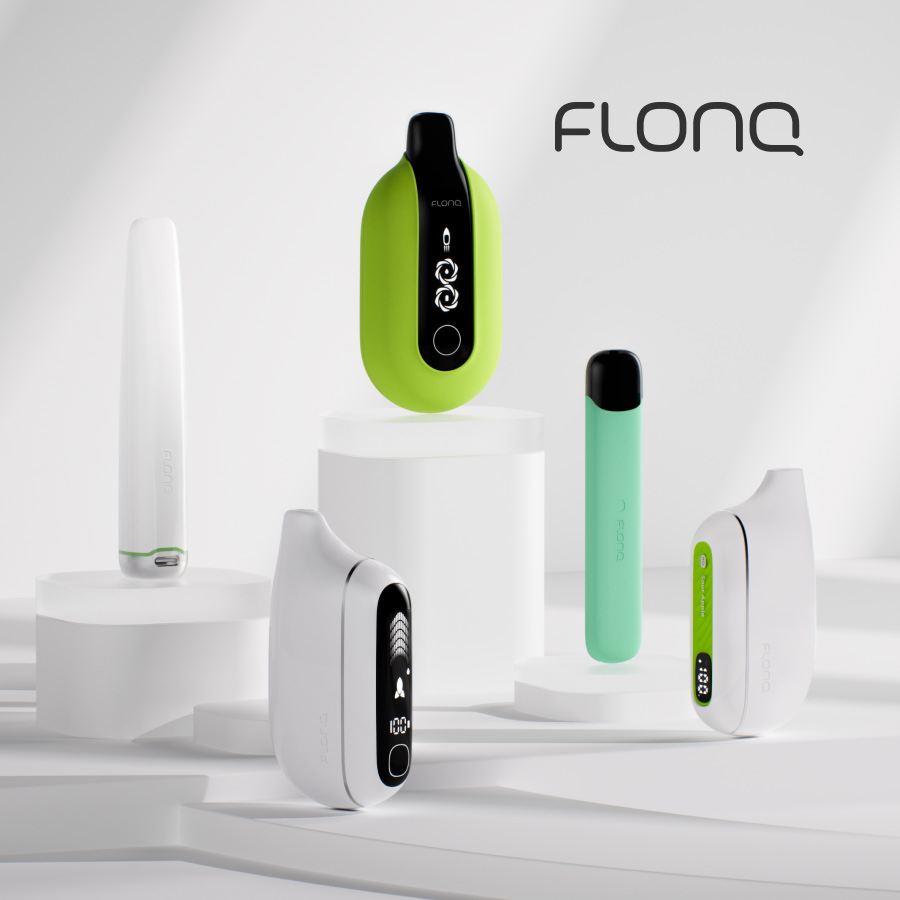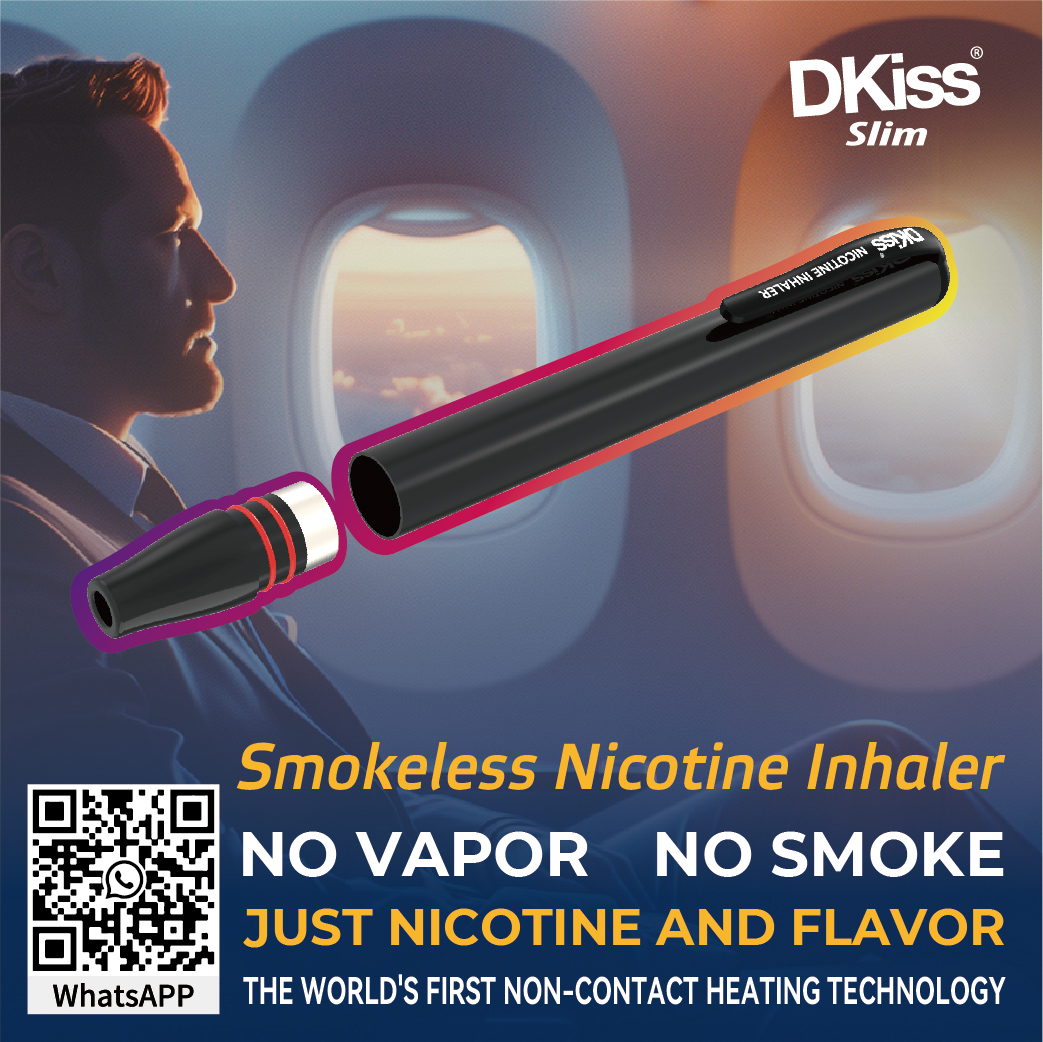Gathering intelligence

A state-of-the-industry seminar presented by the Vapor Technology Association set a solid foundation for the newly formed advocacy group.
By Timothy S. Donahue
It’s coming. Once deeming regulations for the vapor industry are finalized, the lobbying efforts and court battles will intensify. Training for the big fight could prove to be one of the toughest tests for the fledgling industry as it attempts to take over tobacco. In fact, vapor advocates have already gained valuable experience and momentum in various battles in multiple levels of government across the U.S. It isn’t enough, however. There is still a lot of work ahead.
The vapor industry needs to do a better job of informing legislators and the general public about the public health benefits of vaping. Too much misinformation has been disseminated and propagandized by major media outlets and the anti-vapor faction. This was the main message of the first e-cigarette summit hosted by the newly formed Vapor Technology Association (VTA). Held in Washington, D.C., in early October, the inaugural event brought fresh ideas from voices not typically heard at e-cigarette seminars.
Lobbyists, lawyers and industry leaders all shared their insights into the rapidly evolving vapor market. Fittingly, the focus was on the U.S. Food and Drug Administration’s (FDA) deeming e-cigarette regulations and strategies for state and federal lobbying efforts. Ella Yeargin, ombudsman for the FDA, told the invitation-only crowd that she serves as the focal point for addressing complaints and assisting in resolving disputes between companies or individuals and FDA offices, such as the Center for Tobacco Products. She said her office expects to be quite busy once deeming regulations have been reviewed by the White House.
The ombudsman serves as a neutral and independent resource for members of FDA-regulated industries (such as vapor and tobacco) when they experience issues with the regulatory process. She expressed that her office could be contacted without repercussions from the FDA. “Firstly, I know nothing about when deeming [regulations] are coming,” she said. “Contacts to my office are held in confidence [between the person/company and the ombudsman].” This could prove vital as companies may want to ask questions before having a formal discussion with the regulatory agency.
Drew Perraut, founder of Radiant Strategies—who formerly worked with the Office of Information and Regulatory Affairs (OIRA), a statutory arm of the White House’s Office of Management and Budget that is currently reviewing the FDA’s deeming regulations—said the FDA has a very “particular” perspective concerning the vapor industry. The FDA’s mission is the protection of public health. “The impact on the regulated community is not of great interest to them,” he said.
OIRA has a different role, said Perraut. The White House looks more at the effects on industry, as well as society. “As ‘deeming’ wraps up, OIRA is a place where your interests will really be taken into account. It is your best chance to impact how these policies come about,” he said. “The FDA is going to have to make their case [for the proposed rules] since all the science seems to indicate that the risk profile [for e-cigarettes] is dramatically lower than the FDA wanted to admit in the proposed rule.”
That is a fundamental change. “It is extremely important that people weigh in on the final rule,” Perraut said, adding that deeming regulation has the ability to create change unlike any other proposed rule in tobacco history. “Moving to a product-by-product analysis opens up the final rule to be quite different than the proposed rule.” In reference to flavors, Perraut said there will “be action on flavors before the end of this administration.” That is in stark contrast to the view of industry experts who have said that the FDA will not act on flavors until after the presidential election in 2016.
Beyond regulation, speakers also confronted current legislation that could benefit the vapor industry. Ashley Davis, a partner at West Front Strategies, said the industry needs to get behind legislative issues such as the Cole Bill, which would amend the Food, Drug and Cosmetics Act to change the grandfather date for “deemed tobacco products.” This change would allow for all vapor products currently on the market to remain on the market without being subject to the burdensome premarket FDA approval application process.
A provision of the Tobacco Control Act echoed in the FDA’s draft deeming regulations would require any product deemed by the agency to be a tobacco product to go through a lengthy, expensive “premarket tobacco application” process to remain on the market—unless its marketers can prove that it’s “substantially equivalent” (SE) to a similar product already on the market as of Feb. 15, 2007, an essentially random date chosen by those who wrote the law. “The SE requirement could destroy the industry,” said Davis.
Another bill, sponsored by U.S. Rep. Robert Aderholt of Alabama, would prevent the FDA from requiring premarket reviews of e-cigarettes that already are on the market. The provision is a technical change that would keep the deemed products under FDA oversight but allow them to be regulated in the same way as currently regulated tobacco products. “We are supporting these bills because they are the best options we have available right now,” said Davis.
Beyond the regulatory debate, there are things the industry could be doing now in preparation for the final rule, according to William McGrath, a partner at Potomac Law Group. “This is the kind of stuff we can pretty much guarantee will be in the final rule,” he said. “Child-resistant caps, for example, will be a final rule.” McGrath said a successful future for a vapor business will be based on how well those businesses weather the storm. “You need to be ready for the regulations so you can pick the battles and prepare yourself to do what needs to be done to keep your products on the market.” Other steps manufacturers could make include nicotine warnings on labels and packaging that doesn’t appeal to youth.
Creating industry-wide standards could help motivate regulators to move in a more vapor-friendly direction, according to Arnaud Dumas de Rauly, the secretary-general for European and international relations of FIVAPE, a French vapor trade association. He told attendees that because France had little to no vapor manufacturing standards, the French vapor industry decided to create its own standards.
“We were then able to use those standards and use them to lobby regulators so they could make decisions based on these standards,” he said. The industry basically incorporated the basic [Tobacco Products Directive] principles for Europe into vapor industry standards, according to de Rauly. “I got an e-mail today from the European Commission that states they will base all of the implementation acts on the works being done at the European standards body.” This is something the American vapor industry should try to mimic, said de Rauly. “It has really helped us over the past two years. We are using standards to get regulators to do what we want them to do.”
Welcome to the industry
The VTA is the latest addition to the long list of industry associations. Ron Tully, a partner at Next Generation Labs and a co-founder of the VTA, said the organization was created because there are different needs in terms of commercial interests concerning vapor regulation and legislation that other associations are not currently addressing. “What we are finding is there isn’t a sufficiently broad-based trade association that is actively engaged in areas such as positive and active engagement with the FDA and state-level regulators,” Tully said. “Having a trade association that is positive and proactive can make an important impact in filling voids where there is currently no guidance in the vapor industry.”
During an exclusive interview with Vapor Voice before the seminar, Tony Abboud, national legislative director for the VTA, said the organization will be run by a professional public policy and communications team “never before seen” in the industry. This would include federal lobbyists, state lobbyists, and lawyers and public affairs professionals with industry experience. “Our mission is keeping vaping markets competitive for both large and small players,” said Abboud. “We want to ensure the long-term viability of the industry, defeat bills that stifle innovation critical to public health and transform the public debate on vapor products.”
The organization has a three-pronged approach to accomplish its goals, according to Abboud. He said that the VTA must not only confront attacks on at the state and federal legislative levels but also keep an eye on how the media reports on the vapor industry.
“The anti-vaping regulatory and media campaigns are being conducted by an entrenched, highly coordinated and well-funded public-health lobby, aided by Big Pharma corporate interests,” said Abboud. “These groups, along with the Centers for Disease Control [and Prevention] and state departments of public health, are unethically peddling fear and false information by making statements that are contradicted by science and are inconsistent with the FDA’s own position on nicotine-containing products.”
The VTA messaging will be based on the significant body of scientific data supporting the positive health implications of vapor products on adult consumers, according to Abboud. “The VTA will not only respond to negative press, but we also will develop a proactive engagement strategy promoting the obvious and established life-saving potential of the vapor industry with national and local media outlets,” he said. “We will not stand idly by while lawmakers and regulators try to destroy our industry based on emotion, but will coalesce the forces to advocate for rational regulation based on science.”

